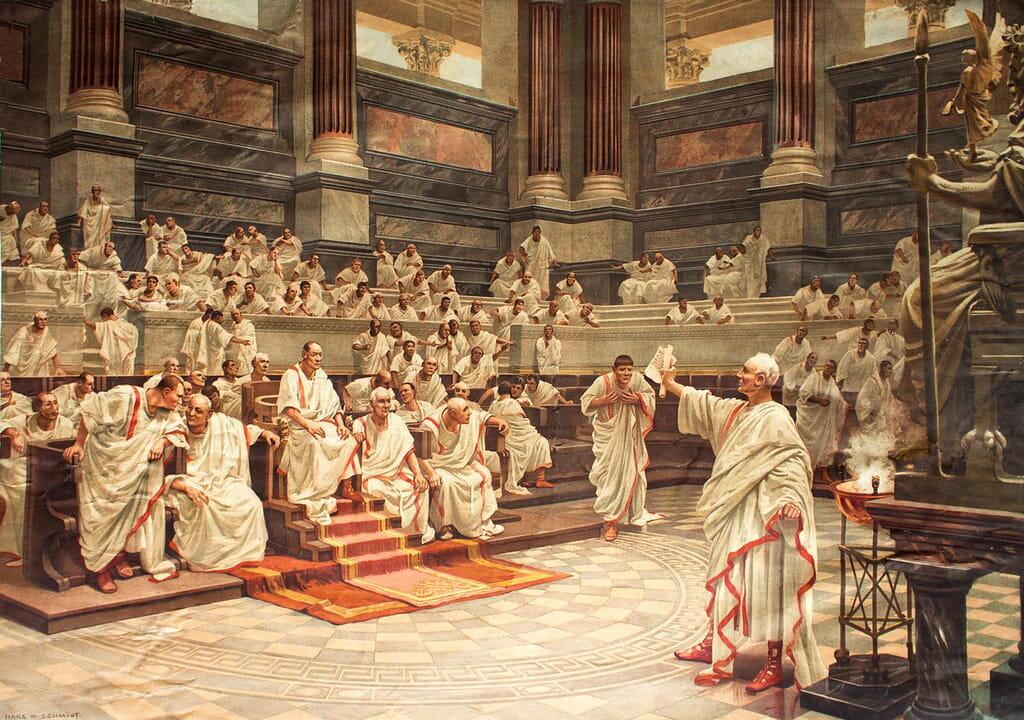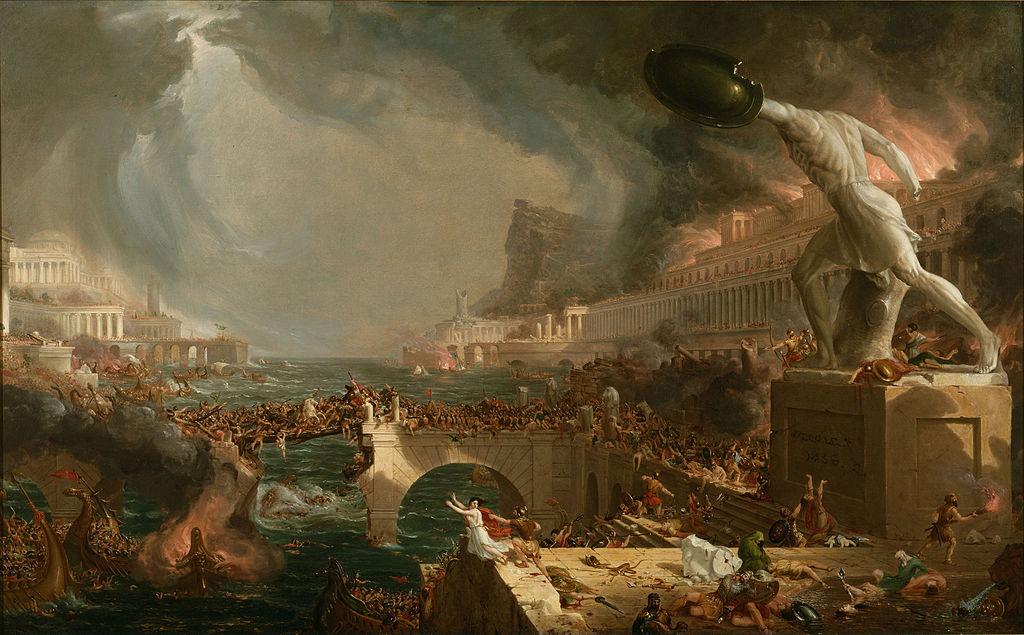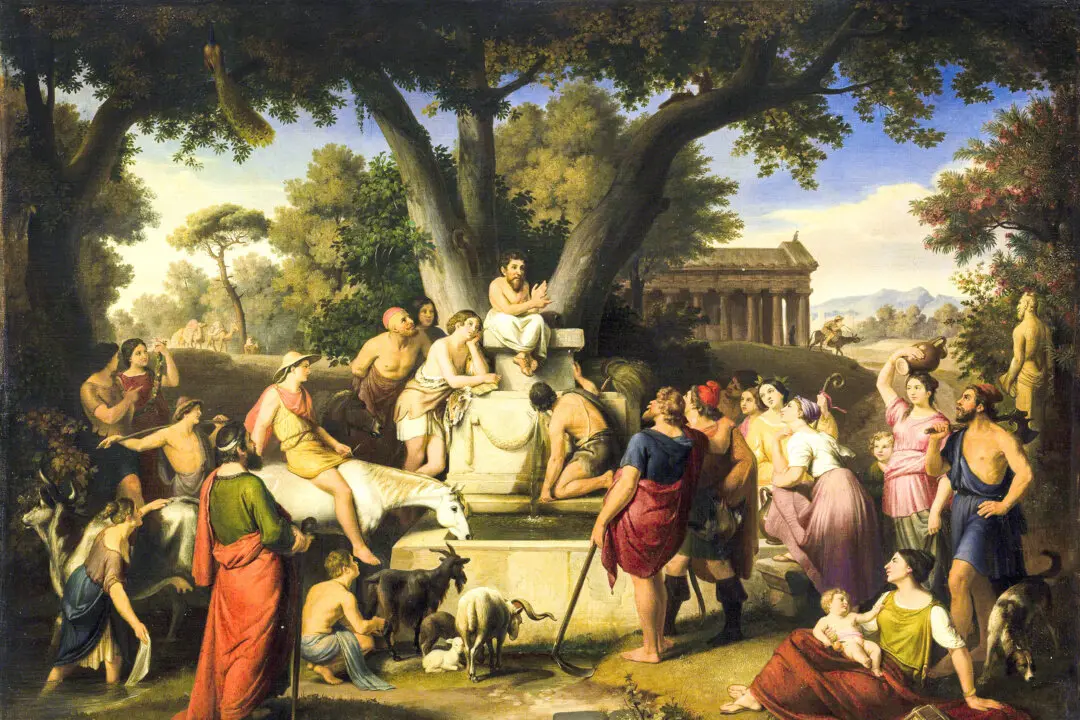In 1800, Alexander Hamilton wrote a private letter to Oliver Wolcott in anticipation of the upcoming presidential election. There he made a passing comment on Aaron Burr, who was Thomas Jefferson’s running mate: “He is truly the Catiline of America.”
Hamilton’s remark displays the intellectual depth that defined America’s Founding Fathers. A passing comment about Catiline—a shunned and controversial ancient Roman statesman—resonated with members of the American ruling class as it issued a sharp warning about Burr’s policies and persona.






